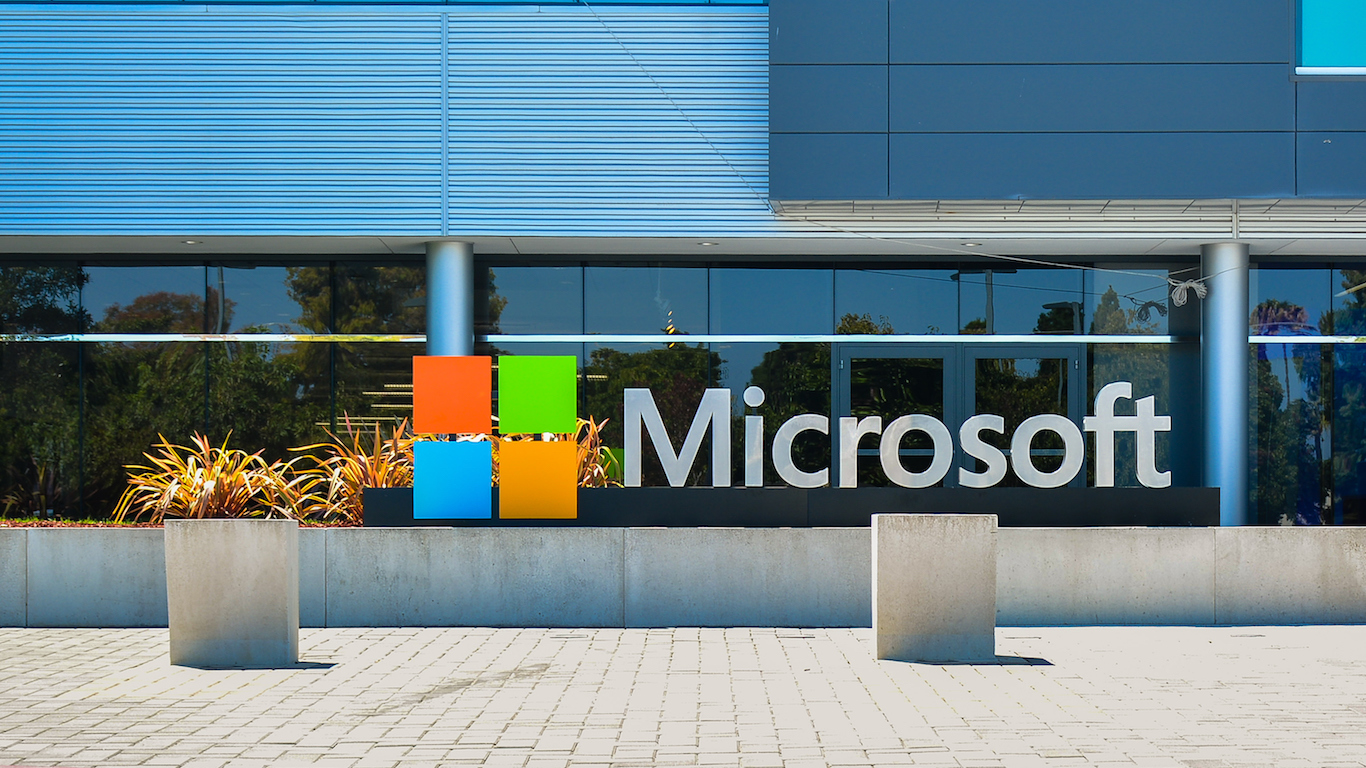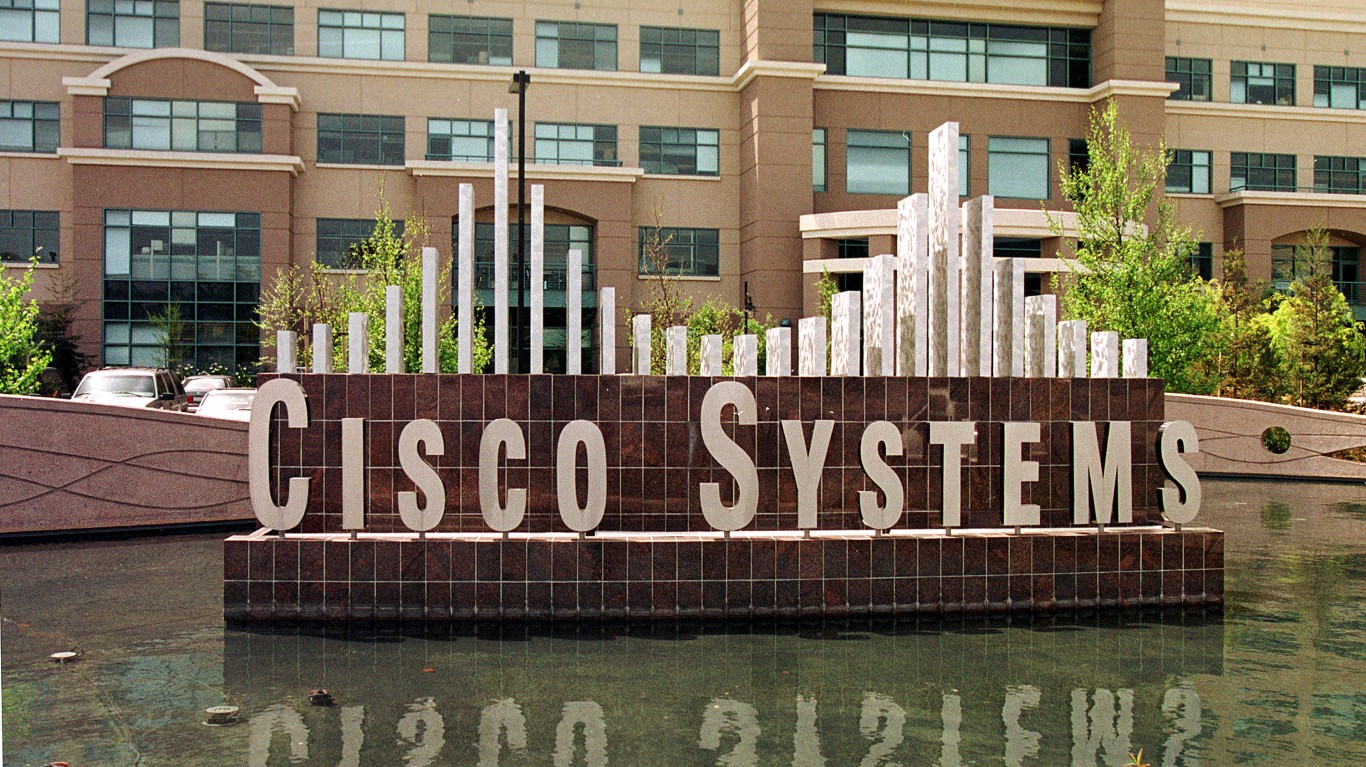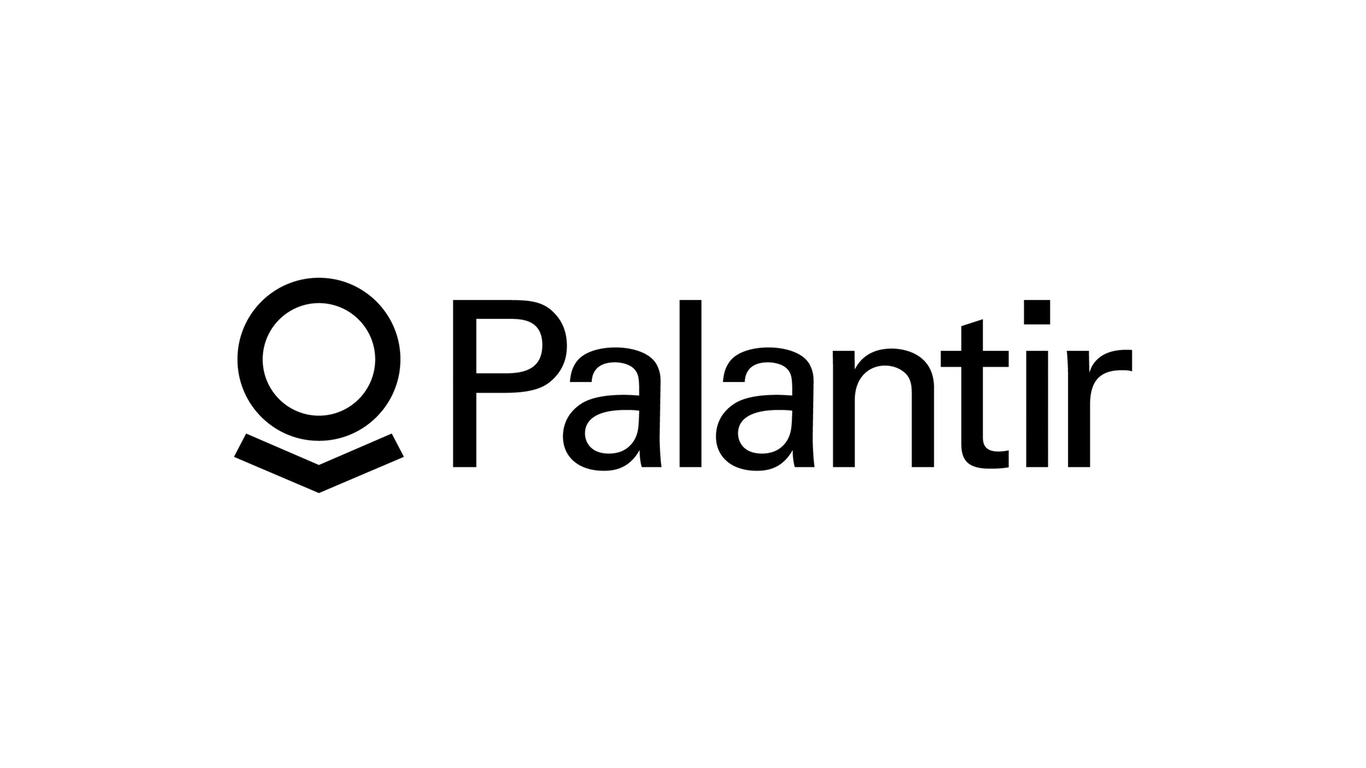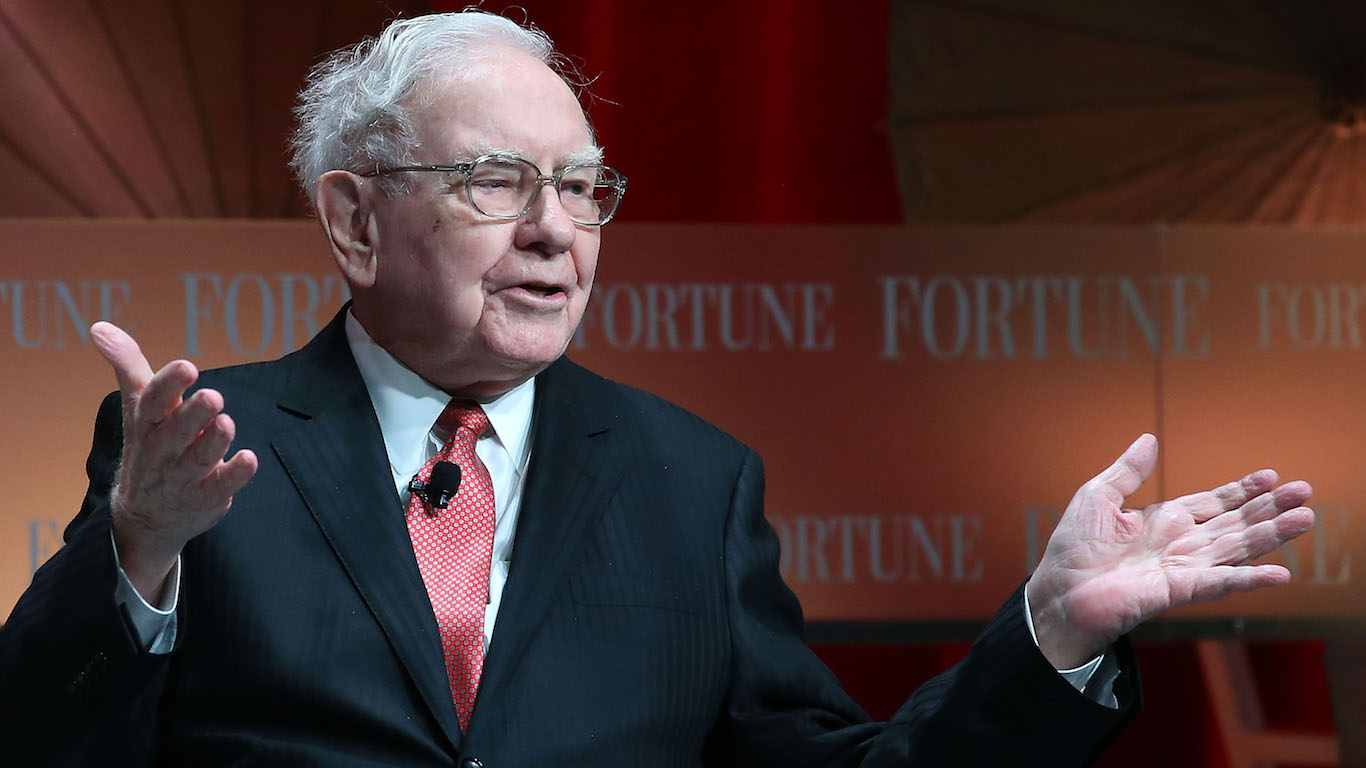
It takes a certain kind of courage to short sell blue chips, such as the Dow Jones industrial average components. Short sellers are betting on these companies to fail, or at least for their share prices to fall handily. Plus, those sellers are responsible for paying the dividends on the stocks they short.
Maybe it is little wonder that only three of the 30 Dow stocks had notable short interest between June 14 and June 28; that is, more than 45 million shares short. In fact, just five of them had short interest of more than 35 million shares.
While the bull market is quite long in the tooth — now more than 10 years old — and concern about a possible recession remains as the trade war with China drags on, the markets have hit new all-time highs. Investors may wonder then what the short sellers expect from some of the biggest, most well-respected names on Wall Street.
As of the June 28 settlement date, the most recently reported period, short sellers favored Pfizer Inc. (NYSE: PFE), Intel Corp. (NASDAQ: INTC) and Microsoft Corp. (NASDAQ: MSFT) above all other Dow stocks.
Pfizer
> Shares short: about 56.97 million
> Change from prior period: −10.7%
> Percentage of float: 1.0
Earlier this year, short interest saw five double-digit percentage declines in a row. After a respite lasting three periods, short sellers have returned to yielding on Pfizer. The stock remains at the top spot on this list, though the latest figure is nowhere near the 156 million shares short back in January. At the daily average volume on the most recent settlement date, it would take about three days for Pfizer short sellers to cover their positions.
Pfizer announced last month the acquisition of Array BioPharma, and it also released some disappointing trial data. The shares ended the short interest period less than 2% higher than where they started, though they had been up almost 4% at one point. Meanwhile, the Dow gained 3% or so between the settlement dates.
Shares closed most recently at $44.06 apiece, about 1% lower than a week before. Pfizer’s 52-week low of $37.12 was seen almost a year ago, and the 52-week high of $46.47 was from this past December. Still, the stock now is trading only marginally higher than at the beginning of the year.
Intel
> Shares short: nearly 55.92 million
> Change from prior period: −0.1%
> Percentage of float: 1.2
Short sellers seem to be taking a wait and see approach to Intel stock for the time being. The average daily trading volume increased marginally in the latest period, though it is still well lower than back in April and May. As of the end of last month, it would take more than two days for investors to cover all their short positions.
Some analysts favored Intel’s rivals during the period over Intel itself. Still the share price ended the short interest period more than 4% higher, after quite some volatility in those two weeks. The Nasdaq also saw a gain of more than 4% in that same time, though it has pulled back recently.
Intel was last seen trading at $48.21 a share, down handily from the multiyear high of $59.59 seen this spring. The 52-week low is $42.36 per share. Note that the latest share price is less than 3% higher than at the beginning of the year, while the Nasdaq is up more than 26% year to date and the Dow has seen a gain of about 15%.
Microsoft
> Shares short: about 48.01 million
> Change from prior period: 0.4%
> Percentage of float: 0.6
The number of shares short has risen for three consecutive periods and reached the second highest level so far this year. In January, and the wake of the December market sell-off, more than 58 million Microsoft shares were short. The average daily trading volume increased again, so by the most recent settlement date, the number of days it would take for investors to cover all their short positions was less than two.
Microsoft was among the stocks pushing the Dow Jones industrials toward new all-time highs last month. Short sellers watched the share price rise about 5% but retreat and end the period less than 2% higher than where it began. The shares have reclaimed most of that decline since then. The S&P 500 saw a gain of 3% or so between the settlement dates.
After rising nearly 1% in the past week, Microsoft stock ended trading most recently at $137.85 a share. That was in a 52-week range of $93.96 (seen last December) to $138.58 (this week). The share price is more than 35% higher than at the beginning of the year, compared to that gain of around 15% for the Dow.
And the Rest
Rounding out the top five most shorted Dow stocks on the most recent settlement date were Cisco Systems Inc. (NASDAQ: CSCO) and Apple Inc. (NASDAQ: AAPL). Both of these stocks saw a decrease in the number of their shares short during the final two weeks of June. Share prices of each rose in that time, though Apple was not able to hold on to its gain before the period ended. The iPhone maker announced the departure of its chief designer during those two weeks.
Also notice on the following list short interest changes in Dow stocks as of June 28 the big swings at Verizon (5G rollout), Caterpillar (trade war fallout) and Boeing (737 MAX grounding):
| Dow Stock | Short (millions) | Change | % Float |
|---|---|---|---|
| Pfizer | 56.97 | −10.69% | 0.99% |
| Intel | 55.92 | −0.11% | 1.24% |
| Microsoft | 48.01 | 0.42% | 0.64% |
| Cisco | 47.54 | −8.91% | 1.08% |
| Apple | 43.45 | −7.56% | 0.92% |
| Exxon | 33.10 | −5.77% | 0.78% |
| Verizon | 32.74 | 17.01% | 0.79% |
| Visa | 27.98 | −8.83% | 1.60% |
| Coca-Cola | 27.92 | −4.38% | 0.66% |
| Walgreens | 23.48 | −2.26% | 2.95% |
| JPMorgan | 22.49 | −1.60% | 0.69% |
| Procter & Gamble | 21.09 | −7.94% | 0.84% |
| Merck | 19.34 | 11.72% | 0.74% |
| Chevron | 19.15 | 6.24% | 1.01% |
| Disney | 17.07 | 9.54% | 1.15% |
| Walmart | 15.86 | 0.86% | 1.11% |
| IBM | 15.13 | −3.61% | 1.70% |
| Johnson & Johnson | 14.19 | −1.66% | 0.53% |
| 3M | 10.41 | −1.72% | 1.81% |
| Home Depot | 9.65 | −6.75% | 0.86% |
| Nike | 8.74 | 0.71% | 0.70% |
| Caterpillar | 7.36 | −18.79% | 1.28% |
| McDonald’s | 6.82 | 7.90% | 0.89% |
| UnitedHealth | 6.66 | −13.25% | 0.70% |
| Goldman Sachs | 6.60 | 0.46% | 1.92% |
| Dow | 6.22 | −7.99 | N/A% |
| American Express | 6.18 | −10.21% | 0.73% |
| United Technologies | 5.93 | 9.24% | 0.69% |
| Boeing | 5.63 | 11.08% | 1.00% |
| Travelers | 4.48 | 11.92% | 1.71% |
The Average American Is Losing Their Savings Every Day (Sponsor)
If you’re like many Americans and keep your money ‘safe’ in a checking or savings account, think again. The average yield on a savings account is a paltry .4% today, and inflation is much higher. Checking accounts are even worse.
Every day you don’t move to a high-yield savings account that beats inflation, you lose more and more value.
But there is good news. To win qualified customers, some accounts are paying 9-10x this national average. That’s an incredible way to keep your money safe, and get paid at the same time. Our top pick for high yield savings accounts includes other one time cash bonuses, and is FDIC insured.
Click here to see how much more you could be earning on your savings today. It takes just a few minutes and your money could be working for you.
Thank you for reading! Have some feedback for us?
Contact the 24/7 Wall St. editorial team.
 24/7 Wall St.
24/7 Wall St. 24/7 Wall St.
24/7 Wall St.


